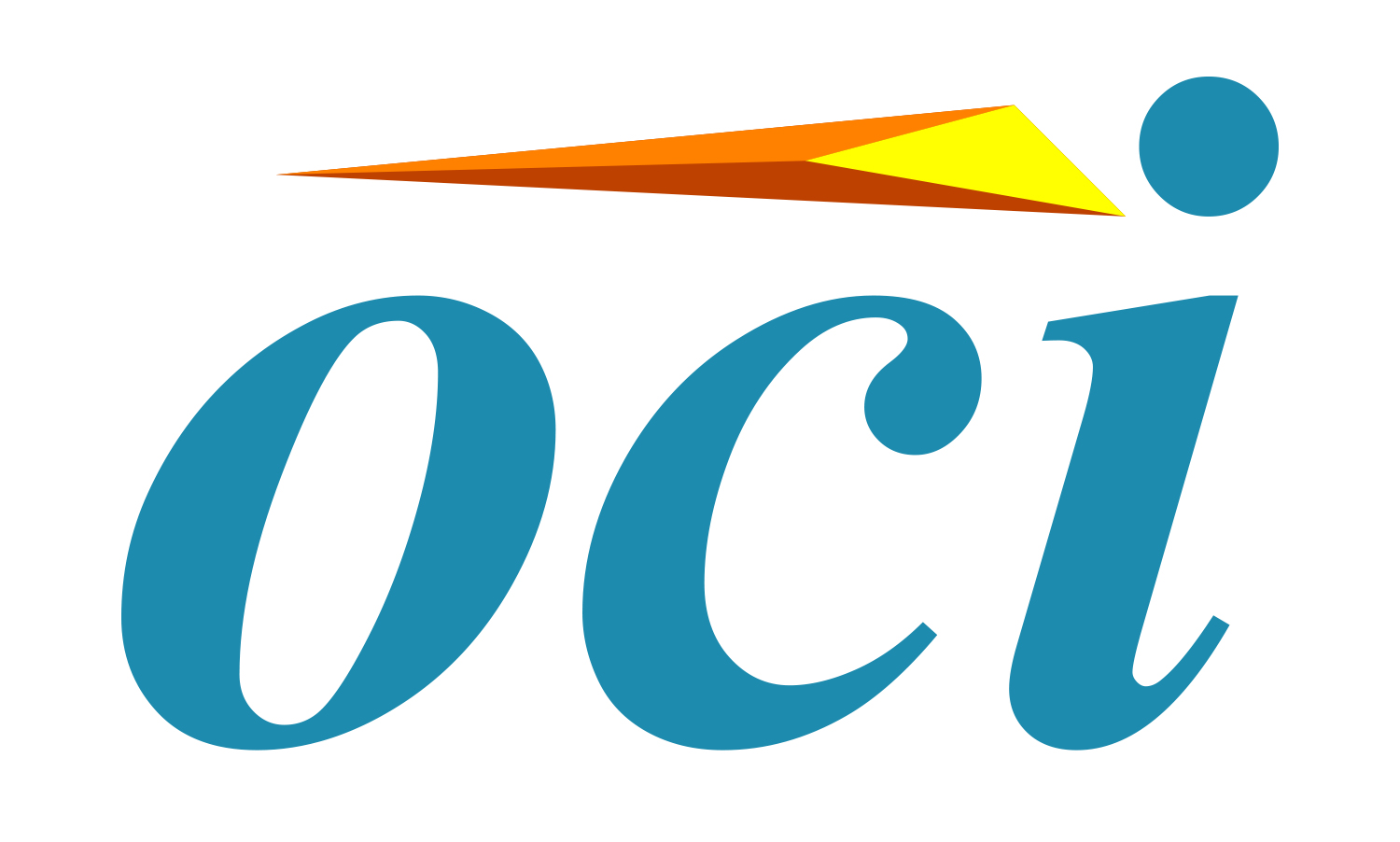OCI has leveraged its best industry Program/project delivery practice to successfully deliver on hundreds of clients programs/projects spanning all corporate business domains including: ERP, EAM, HR, EHR/EMR, Clinical Systems, Finance, Logistics and Supply Chain, eGovernment, Portals, Digital Strategies and covering all aspects of IM/IT including: Business Processes, Data (big Data), Applications, Technology/Infrastructure, Security and Privacy. Our program management practice addresses:
◦Program Organization
◦Program Planning
◦Program Control
◦Program Technology Planning
◦Program/Projects Integration
◦Project Management Office
◦System Implementation and Project Management
In managing programs, our team applies OCI industry best practices to:
◦Ensure alignment with corporate strategy
◦Lead and mange change
◦Anticipate and communicate future state
◦Manage risks and issues
◦Optimize and increase value
◦Deliver sustainable capability
◦Ensure benefit realization
OCI methodology covers all aspect of program management including:
◦Program Management Life Cycle – Phases:
◦Pre-program Preparation: benefits assessment
◦Program Initiation: business case, program charter
◦Program Setup: Benefit Realization planning, elaborate on charter, establish program infrastructure, detailed roadmap & approval
◦Program Benefits Delivery: Initiate projects and manage benefits development
◦Program Closure: Controlled closedown of program.
◦Program Management Processes: Initiation, Planning, Execution, Monitoring and Controlling and Closing Program
◦Program Management Areas: Integration, Scope, Time, Cost, Quality, HR, Communication, Risk, Procurement, Financial and Stakeholder Management
Project Management
OCI PMO practice uses industry best practice in project management and has successfully delivered on hundreds of client’s projects both start-up and in-flight spanning various phases of the PMLC:
◦Project Initiation: Develop business case, feasibility, terms of reference, project team, project office, phase review.
◦Project Planning: Develop project plan and resource, financial, quality, risk, acceptance, communication and procurement plans; Contract suppliers and phase review.
◦Project Execution: Produce deliverables and conduct phase reviews.
◦Project Monitoring and Control: Monitor and control time, cost, quality, change, risk, issue, procurement, acceptance and communication management.
◦Project Closure: Perform project closure, review project completion

